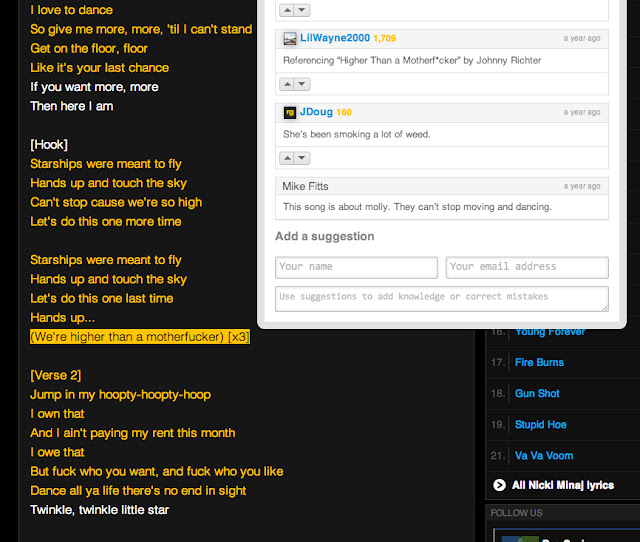From time to time a thought keeps popping up... how would I have learnt and expanded my English, had I had the resources that I have now. When I was in College, my resources were basically books, the hardcopy variety. I spent more money than I could afford on them. And where my money and bookstores would not help me I completed my diet with books which I borrowed from the library, which I wolfed down either on the spot or home.
Back to the present, one of the things that anger me - yes, outright anger - is how, having the resources which are now available to them, young people in Spain continue to make slow progress (on average) with languages. Progress is progress, however slow. But languages is just one of the most important and most badly needed skills companies need to do business abroad. The spanish markets are dead and buried, paralyzed by the crisis and LatAm is limited.
But my purpose here is to reflect on what is available to young and old nowadays. Not only has the quality of teaching improved, but the books, in their most traditional sense have also improved dramatically. But there is more. The internet has driven learning of any kind into overdrive and people in any country in the world have access to huge amounts of learning material provided that they have an internet connection.
Back when I was in college, it was really difficult to find books about things like pronunciation, dialects or slang. And in order to find out the lyrics for a song you had to buy the CD!
I am going to tell you about two websites that I wish I had been able to use back then.
The first one is: http://www.urbandictionary.com/ I discovered it over twitter and it never ceases to surprise me. It is sort of a wikipedia of slang where people contribute. It is a bit chaotic and you sometimes have to sniff your way through a lot o rubbish and nonsense. Despite these shortcomings, it is so useful a tool that even the authorities like the police are using it to solve crimes:
http://gawker.com/5836484/police-now-consulting-urban-dictionary-to-get-inside-heads-of-perps-who-want-to-murk-them
It is also interesting that through their twitter account they have, just like any other big dictionaries online a "word of the day", so even in small doses, you can learn slang almost without effort.
The other website I wanted to comment about works in a similar way, as a collaboration tool. It is called rapgenius: rapgenius.com. I discovered it when googling to figure out what some stuff in Nicky Minaj's song "Starships" meant.
Here's a screenshot to give you an idea:
This is very useful. In fact if anybody knows of anything like this other than for rap and hip-hop, I would love to hear about it! Most people like music and it is one of the big motivators for learning English. Singing along to your favourite singers, understanding what they mean gives you a great feeling of reward. And this is an incredible tool in that sense. It is moderated like urbandictionary, but still some noise gets through. Again, despite its shortcomings, I highly recommend it.

No hay comentarios:
Publicar un comentario